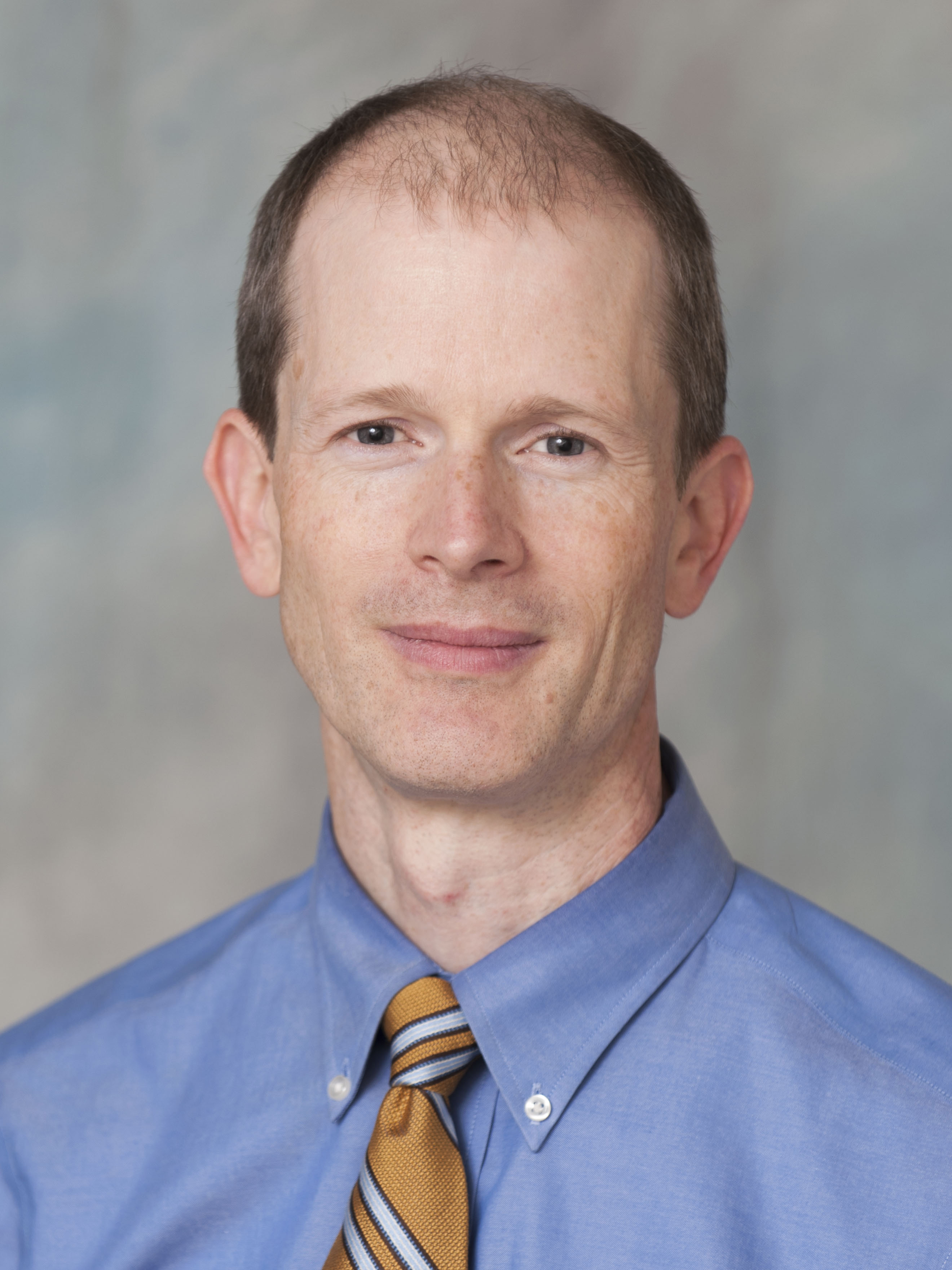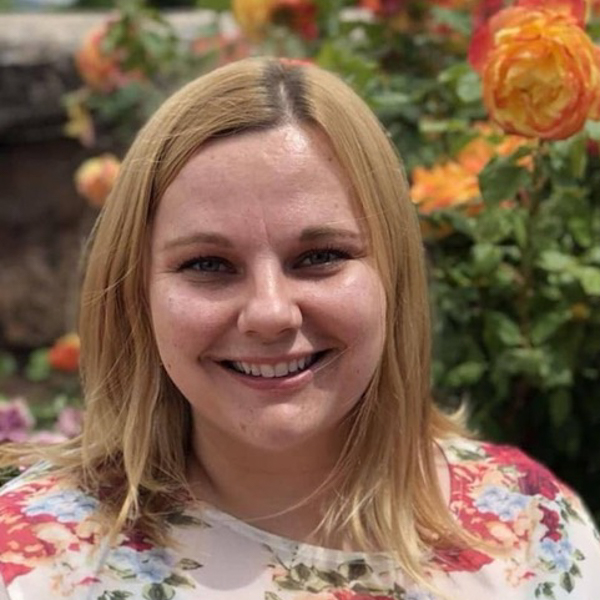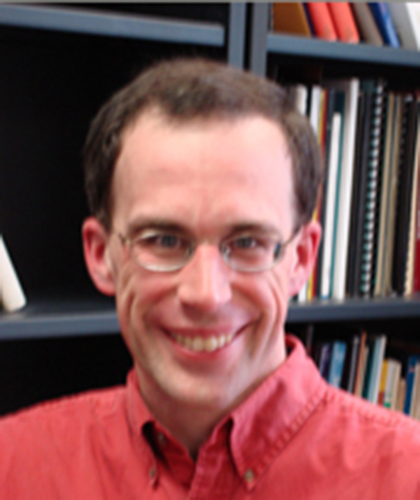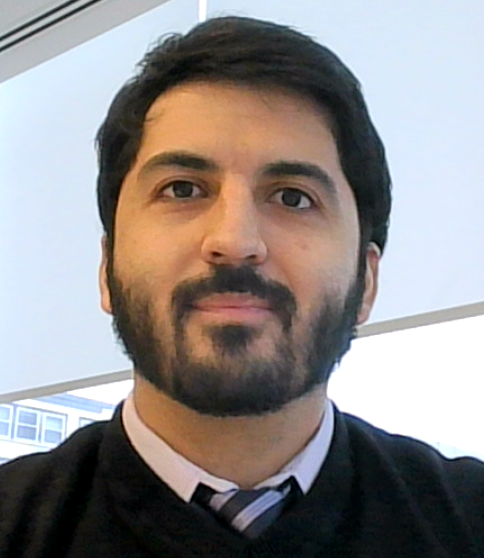IREAP- ROLE is a task force that was designed to help institute constituents recognize the racial injustices that live within our community and help cultivate a way to dismantle said injustices and curate a space welcome to diversity, inclusivity, and equity of all people. This initiative was sparked by the continued escalation of racial tension within our state's nation. Our idea is to spread awareness, educate, and create striking conversations to be had within our institute and beyond.
Our hope is to keep the conversation going.
Our hope is to bring about change.
Meet the task force:
Assistant Professor, Department of Electrical and Computer Engineering

Kevin Daniels (he/him/his) is an Assistant Professor in the Department of Electrical and Computer Engineering with a joint appointment at the Institute for Research in Electronics and Applied Physics. Dr. Daniels received his B.S., M.E. and PhD in electrical engineering from the University of South Carolina in 2009, 2012, and 2014, respectively. From 2014 to his start at UMD, Dr. Daniels served as a National Research Council Postdoctoral Fellow residing at the U.S. Naval Research Laboratory (Washington, D.C.). His research interests include the synthesis of wide bandgap and two-dimensional materials for biological, chemical and environmental sensing.
Professor, Dept of Electrical and Computer Engineering
Director, Institute for Research in Electronics and Applied Physics

Tom Murphy (he/him/his) has worked in several capacities as an educator, researcher, and leader at the University of Maryland since joining the faculty in 2002. He enjoys working with students on a variety of problems in areas as diverse as 2D optoelectronics, microwave photonics, ultrafast and nonlinear optics, integrated optics, electrooptics, and nonlinear dynamics. He currently serves as the Director of the Institute for Research in Electronics & Applied Physics (IREAP).
Graduate Student, Department of Geology

Heidi Myers (she/her/hers) is a Ph.D. student working with Prof. Daniel Lathrop and Prof. Vedran Lekic on geophysical instrumentation design and machine learning applications for the 3-Meter Geodynamo experiment and landmine detection. Outside of research, she enjoys writing music, cooking, and spending time with her dogs Electro and Magneto.
Senior Faculty Specialist, IREAP

Daniel Serrano (he/him/his) was born in Colombia and moved to the US right before his High School graduation ceremony. From a BS in Environmental Science to a PhD in Cell and Molecular Biology, he was driven towards research that would help us understand nature to develop sustainable technologies. But sometime during his PhD work, he realized he would rather be a career mentor to future scientists and communicator of science. That’s what he does now.
Research Scientist, IREAP

Marc Swisdak is a Research Scientist. After earning his undergraduate degree at UMD, he attended graduate school at the University of Colorado, had a post-doc position at UMD, and worked for three years at the Naval Research Laboratory. His research centers on computer simulations of space and astrophysical plasmas. He lives with his family in College Park.
Assistant Professor. IREAP

Carlos A. Rios Ocampo joined the Department of Materials Science and Engineering and IREAP as an assistant professor in August 2021 after completing a postdoc at MIT. He received his PhD in Materials Science from the University of Oxford in 2017, his M.Sc. degree in optics and photonics from Karlsruhe Institute of Technology, and his B.S. in Physics from the University of Antioquia, Columbia (where he is originally from) in 2010. Carlos leads the Photonic Materials and Devices group researching light-matter interactions at the nanoscale and nanomaterial's properties for high-performance optoelectronic devices. Outside research, Carlos enjoys time with friends and family; connecting with nature via hiking, camping, gardening, and sports, including soccer and karate.
